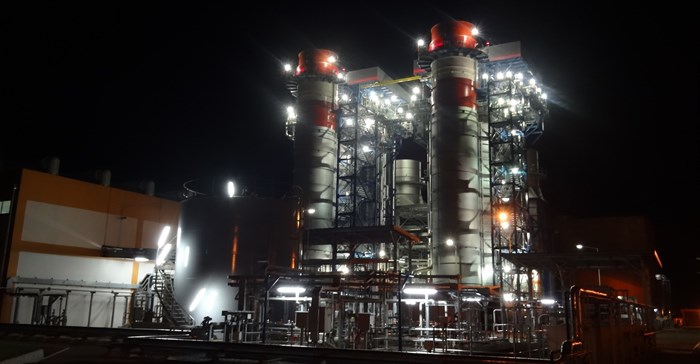As a South African Independent Power Producers Association (SAIPPA) representative – speaking on condition of anonymity puts it: “This uncertainty in the nascent IPP sector not only affects new power projects being developed and bid into the department of energy procurement programmes, but also affects existing pioneer IPPs that have been contributing to the energy supply of South Africa over the past few years.

“It appears likely that some of these early pioneering IPPs and cogenerators that contributed to grid stability and electricity supply over the past period of constrained Eskom electricity supply will be 'put out to pasture' in the near term. Should the relevant short-term power purchase agreements not be renewed for these existing IPPs by the end of March 2017, it will be another blow to aspirant IPPs and this nascent but critical sector.”
Eskom’s previous CEO, Brian Molefe, and its current interim CEO, Matshele Koko, have both refused to sign power purchase agreements with 37 preferred renewable power bidders. These agreements fall within the pre-construction phase after a duly fulfilled and hugely successful government-led renewable energy power producer procurement programme (REIPPPP).
“Such non-compliance with duly undertaken power procurement has consequences beyond the renewable energy industry in that side-stepping policy introduces risk for other independent power producers currently preparing to bid for the department of energy’s already issued or forthcoming requests for proposals,” explains Brenda Martin, chair of the South African Renewable Energy Council.
Following sustained pressure from the industry, the department of energy, national treasury and even the presidency, Koko back-pedalled somewhat last week when he stated: “Let us first sign the 62c/kWh bids. We would sign 13 immediately. That would be a move in the right direction.”
He went on to set further conditions, saying: “Those that are more than 62c/kWh must sharpen their pencils.”
The South African Renewable Energy Council (SAREC) points out that apart from legality and the risk of far-reaching negative economic consequence, Koko does not appear to have thought through the direct power sector consequences of his position.
A 62c/kWh ceiling for new generation would be a death knell for other independent power additions. Nuclear is expected to come in at least double this level. Recent coal bids were around R1,03 /kWh. Eskom’s own new-build coal stations, Medupi and Kusile, are both well north of a rand per unit. The council doubts that gas RFPss could possibly result in tariffs at 62c/kWh.
According to legal opinion obtained by SAREC, Eskom must purchase the power that has been allocated to winning bidders through due policy process. “Doing so sooner rather than later would go a long way to salvaging global investor and broader power producer confidence in South Africa, and ensure the full realisation of all benefits accrued to-date," concludes Martin.